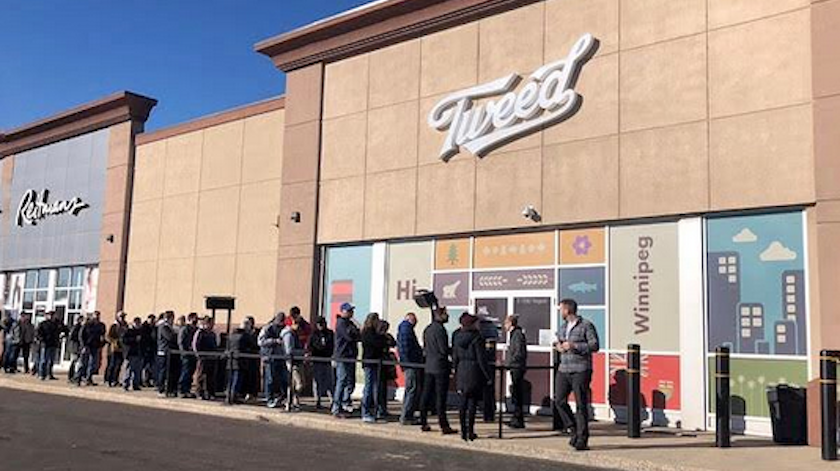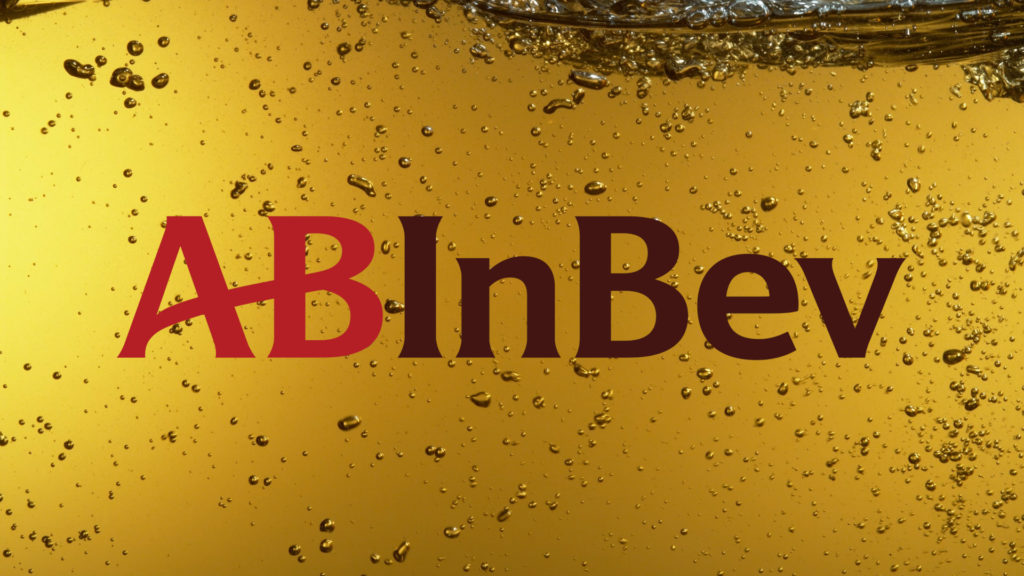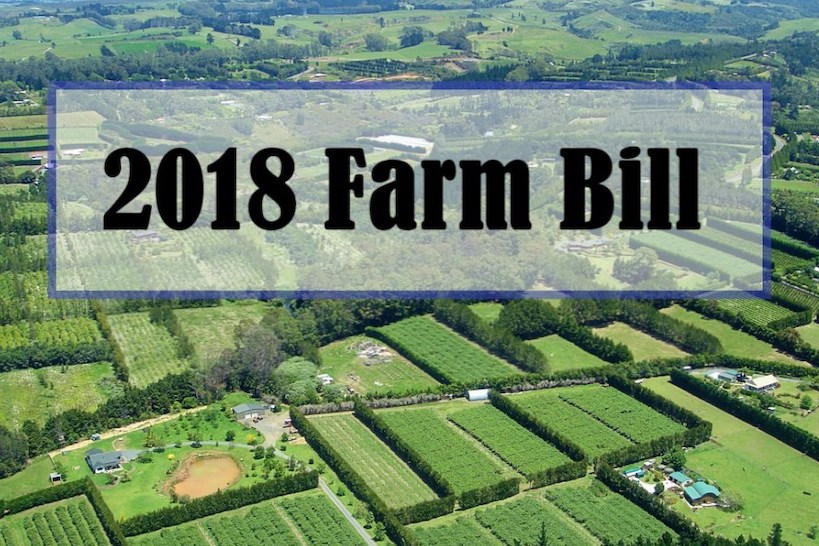US legalises hemp farming
It is now legal to grow hemp in the US after President Donald Trump signed the 2018 Farm Bill – as long as it contains no more than 0.3% THC.
The FDA said in a statement that it will heavily regulate hemp-based products and will quickly prosecute those who run afoul of the THC requirement.
However, many see hemp legalisation is an important first step in legalising cannabis at a federal level.
Hemp has been used for centuries in products ranging from clothing to food. Hemp requires very little water to grow and is great for soil, so it is widely considered an environmentally friendly alternative to many other crops.
Hemp is arguably best known these days as the source of CBD.
The legalisation of agricultural hemp is a major boon to hemp farmers who have been operating in a legal grey area since the 2014 Farm Bill approved its production in a narrow range of cases, including in states where it was legalised for research purposes.
While this allowed states such as Colorado to foster hemp production industries that are now worth over $800m annually in the US, it also put farmers in an difficult position. Even if hemp was legalised in their state, they still couldn’t engage in many of the activities needed to run a business regulated at the federal level, such as opening a bank account.
Canadians spent $43m in first two weeks of legalisation

Canadians spent $43m buying legal cannabis in the first two weeks after legalisation, according to Statistics Canada.
The agency started collecting data for in-store and online sales from cannabis retailers as of 17 October, when fresh or dried bud, oil, plants and seeds became legal for recreational use.
The first set of data released Friday as part of the agency’s broader monthly retail trade figures only encompassed two weeks, but will reflect a full month in the future.
Health Canada releases draft edibles regulation

Health Canada has released draft regulations for cannabis edibles and extracts, with strict limits on dosage and ingredients. The public has 60 days to voice their opinions and press for changes.
Cannabis edibles are restricted to 10mg of THC per package or container, and cannot have any alcohol or added vitamins or minerals. There are also limits on amounts of caffeine. For example, with edibles and drinks, it would be 10mg per package or container. The average dose for adult users is anywhere between 5mg and 15mg of THC, depending on the tolerance.
The proposed regulations also prohibit any alcohol-infused products and packaging deemed appealing to children. In other words, plain packaging is needed, similar to the packaging required for the dried-flower products currently legal in Canada.
Budweiser owner invests in cannabis-infused drinks

AB InBev, the world’s largest brewer, whose products include Budweiser, has announced a partnership with Canadian pot company Tilray to research cannabis-infused drinks.
ABI will work on a joint venture with Tilray in London, Ontario, with each company investing $50m to research how recreational cannabis drinks might be brought to market, exploring factors including flavouring and the length of the high.
Tilray chief executive Brendan Kennedy said: “We’re in the middle of a global paradigm shift. We’re seeing an entire industry develop and really transform, transitioning from a state of prohibition to a state of legalisation.”
Cannabis legalisation was “disrupting” several industries, including pharmaceuticals as well as alcohol, he added. There was evidence that “cannabis was a substitute in some settings for alcoholic beverages”.
Tilray’s tie-up with ABI comes on top of a partnership it announced earlier in the week with the pharma group Novartis to develop medical marijuana.




